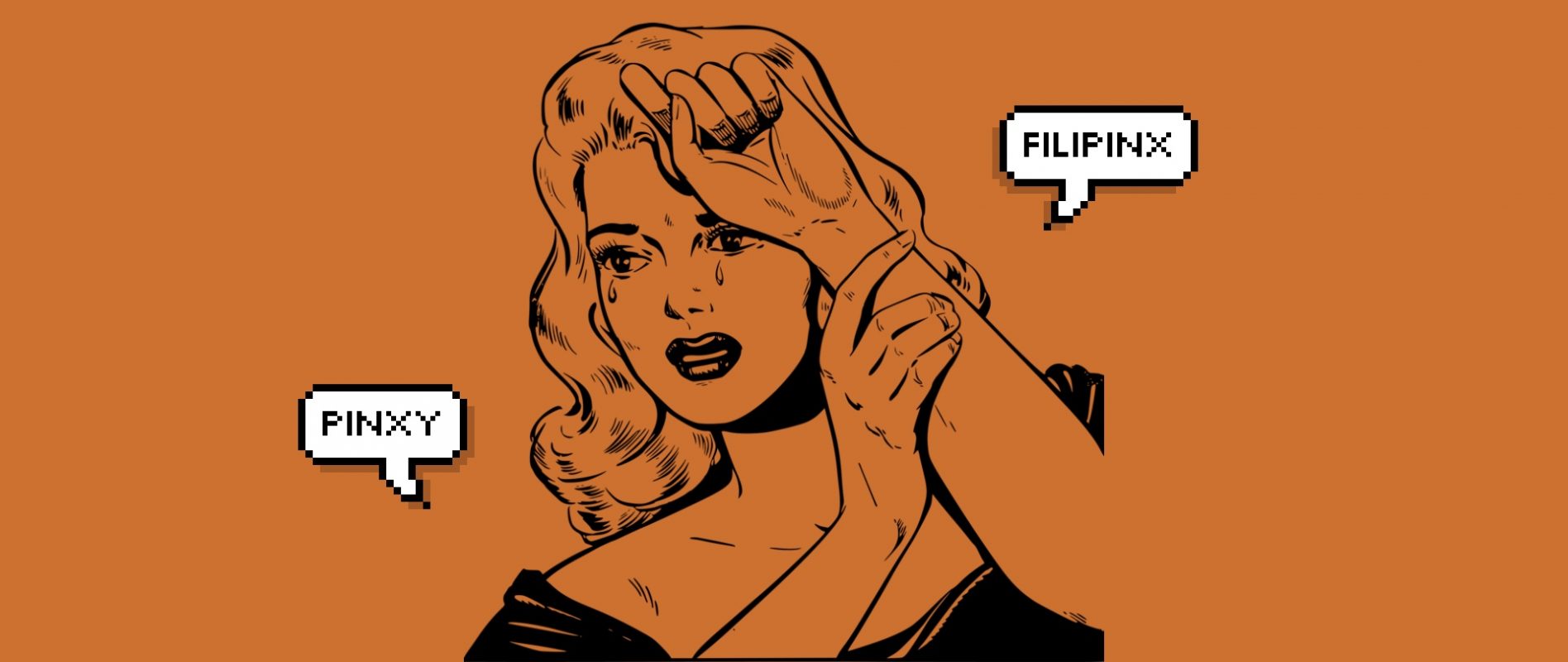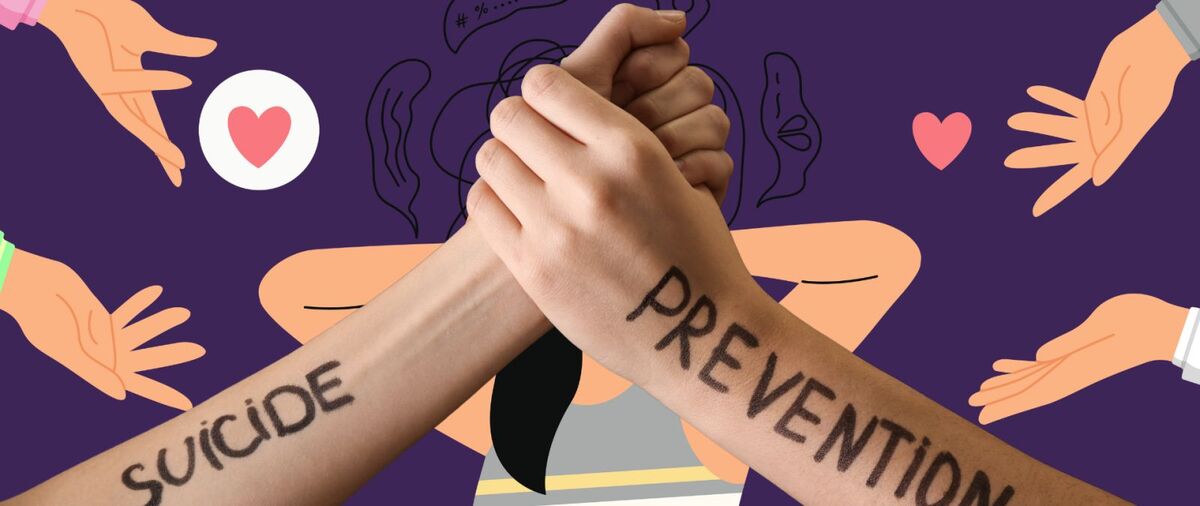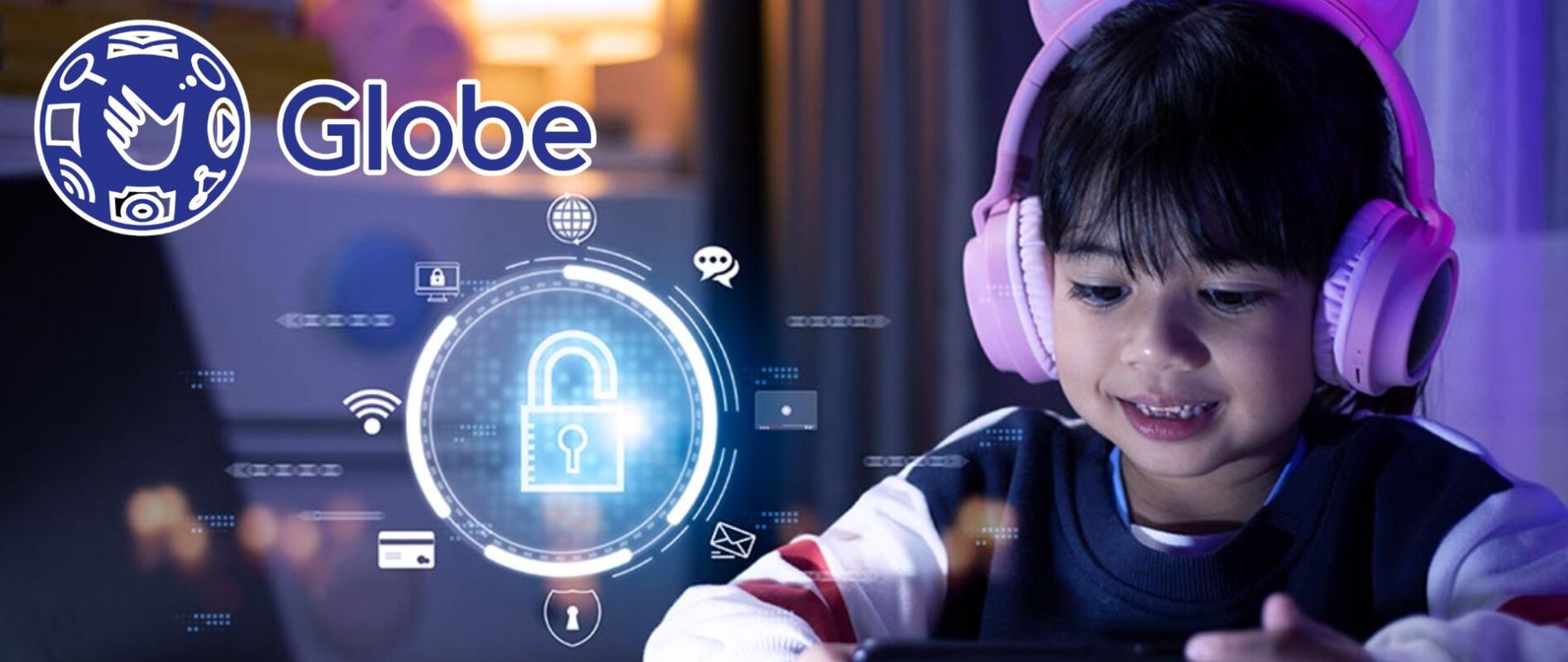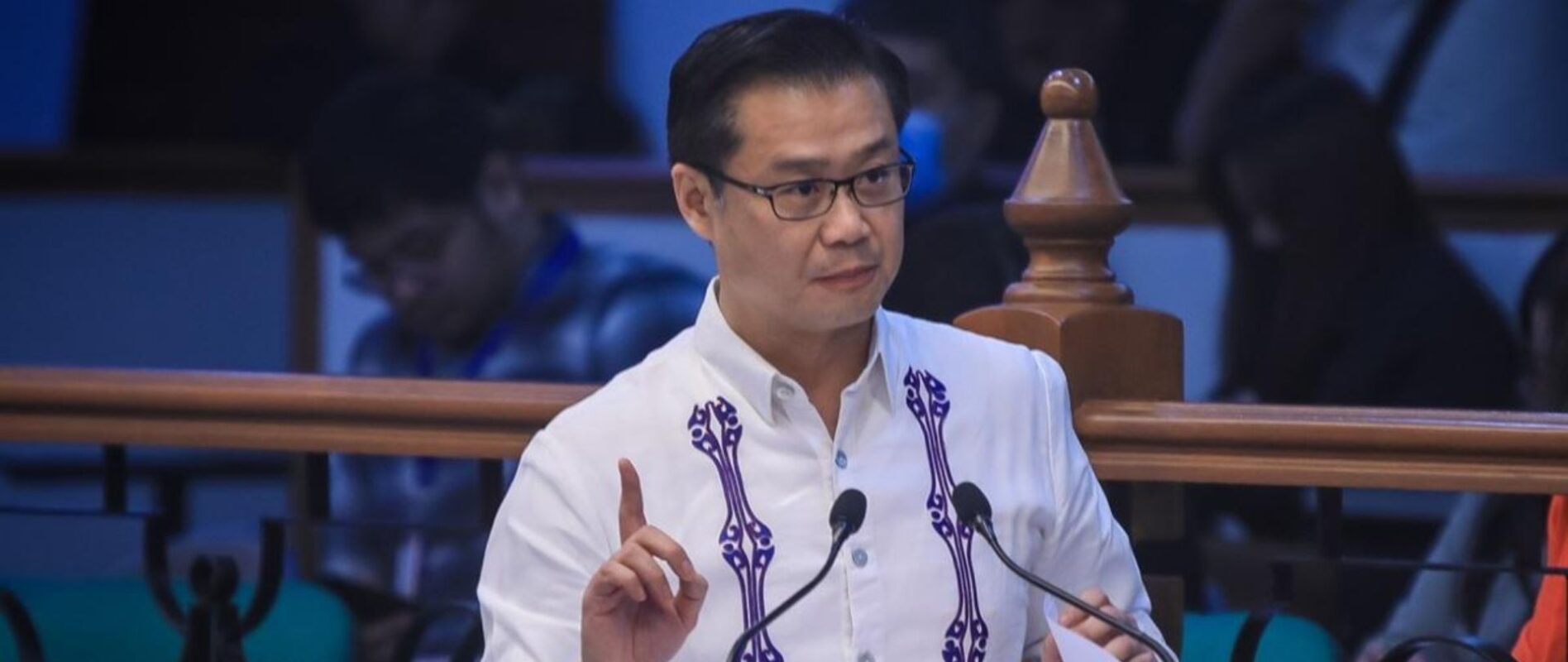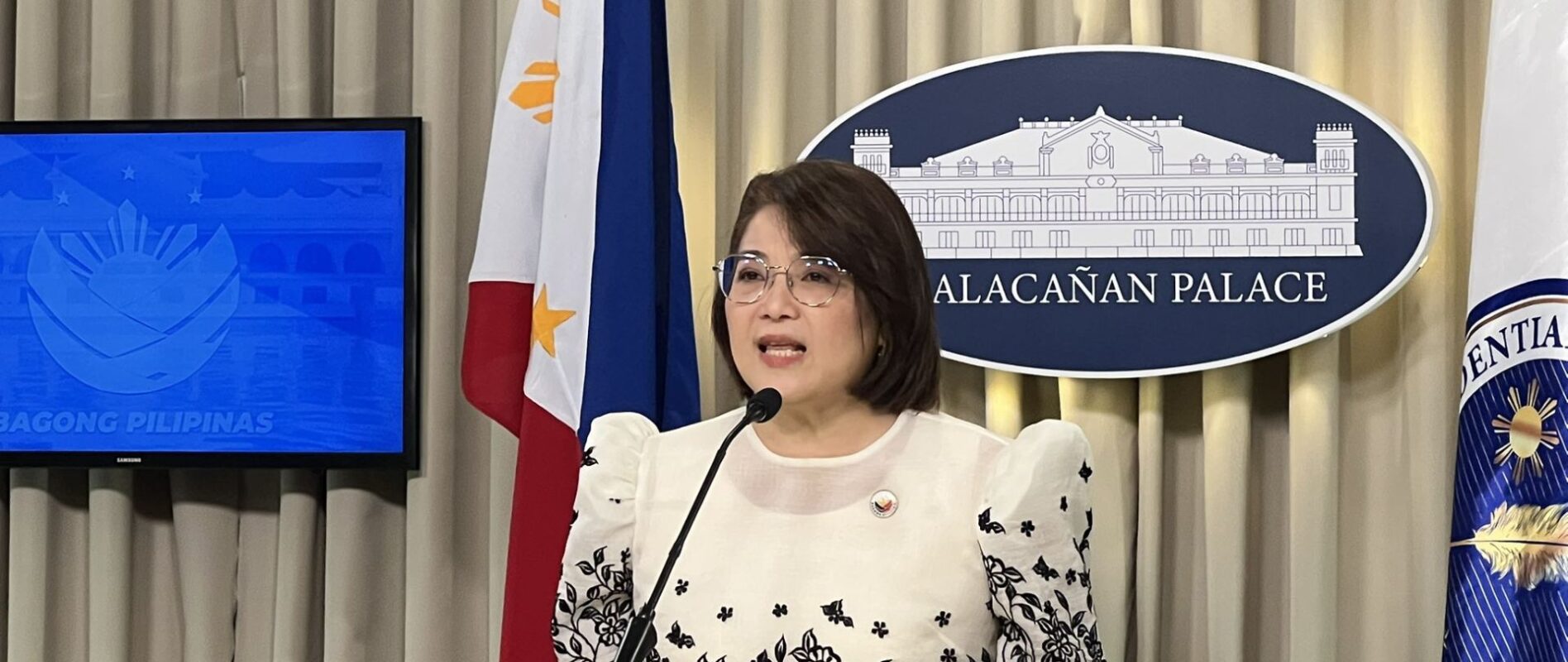FILIPINX, PINXY: THESE NEW TERMS STIR CONTROVERSY AND CONFUSION ON WHETHER THEY’RE PROGRESSIVE OR DIVISIVE
Are you okay with using these new terms? As the community remains divided, perhaps, it’s time you join in on smart conversations and research to understand further why it still floats as a question.
According to Dictionary.com:
Filipinx—adj. of or relating to natives or inhabitants of the Philippines (used in place of the masculine form Filipino or the feminine form Filipina); noun. a native or inhabitant of the Philippines (used in place of the masculine form Filipino or the feminine form Filipina).
It’s official. The gender-neutral term has been added in the credible online resource platform, Dictionary.com. Along with its addition was the term Pinxy and seems like many netizens aren’t taking these additions freely because it sounds alien or foreign even in our mother tongue. Filipinx and Pinxy aren’t relatively used everyday nor was it used at large publicly.
Many argue that the proper term Pinoy and Filipino have always been gender-neutral. These follow the practices of our neighboring countries’ terms such as Chinese, Korean, and Thai as gender-neutral nouns. But the new terms follow the context of Latinx as gender-neutral for Latino and Latina. Considering that the -o suffix for men, -a suffix for women, the term Filipino and Filipina were the new prospects of these progressive terms.
Is debate on “Latinx" making the rounds again? Latinx is simultaneously a critique of gendered language *and* it’s aesthetically, poetically, disruptive. It is a synthetic formulation that can be both, and is more. Is the problem that it makes you palate an “awkward" sound?
— Jorge Cuéllar (@infrapolitics) September 17, 2020
Now, local netizens are finding it odd because it’s something that even in our nation isn’t practiced regularly. It’s good that we’re providing neutrality to include representation and honorifics for people who don’t identify nor refuse to be boxed in a gender term. Such is what birthed the term Mx, which is a gender-neutral honorific title for people who don’t wanna reveal their gender and also was popular for non-binary people.
However, with progression, comes questions and criticisms that can leave a community divided. Especially considering that Pride continues to fight for rights and equality for generations now, the new terms are definitely affected by social issues. Others also find it unnecessary because the original terms are already gender-neutral in practice therefore some find more confusion on the new terms’ usage. As is expected, the new terms continue to spark controversy and lengthy dialogues recently.
Do Fil-Ams even understand that the problem with filipinx is NOT because Filipinos don't like new words. It's because Fil-Ams labelled an entire nationality as transphobic and not inclusive just because they do not understand how non-white nationality/langauge are gender neutral.
— Den ???????? | Fake Sand Government (@grandestblood) September 20, 2020
do not ever refer me as a "filipinx" i am a cisgender bisexual but i never felt any discomfort to be called as a filipino because it is gender neutral in the first place and not a foreign made dictionary could take its historical value away from us
— piper (@tsundyeri) September 18, 2020
On Sept. 26, Cinema Sala is having a COUCH TALK: Are We Filipinx?, a discussion with artists and scholars on the new terms to expound on its context and help create an understanding on why the issue matters.
Saturday, September 26th catch us in COUCH TALK: Are We #Filipinx ? Cinema Sala presents a discussion led by artists and academics around the topic of the term #filipinx . Join us for the talk! Register at https://t.co/n2gyVjlbJ2 pic.twitter.com/SLCmD2fwtu
— Cinema Sala (@cinema_sala) September 20, 2020
As the world’s open-mindedness continues to grow with the times, we opt to see into the bigger picture. Is it necessary? Is it progressive? At the rise of new terms such as Filipinx and Pinxy, we look into the notion of whether these are affected by underlying issues. Some may call it whitesplaining or transphobic, but the terms will always be followed by more questions.

